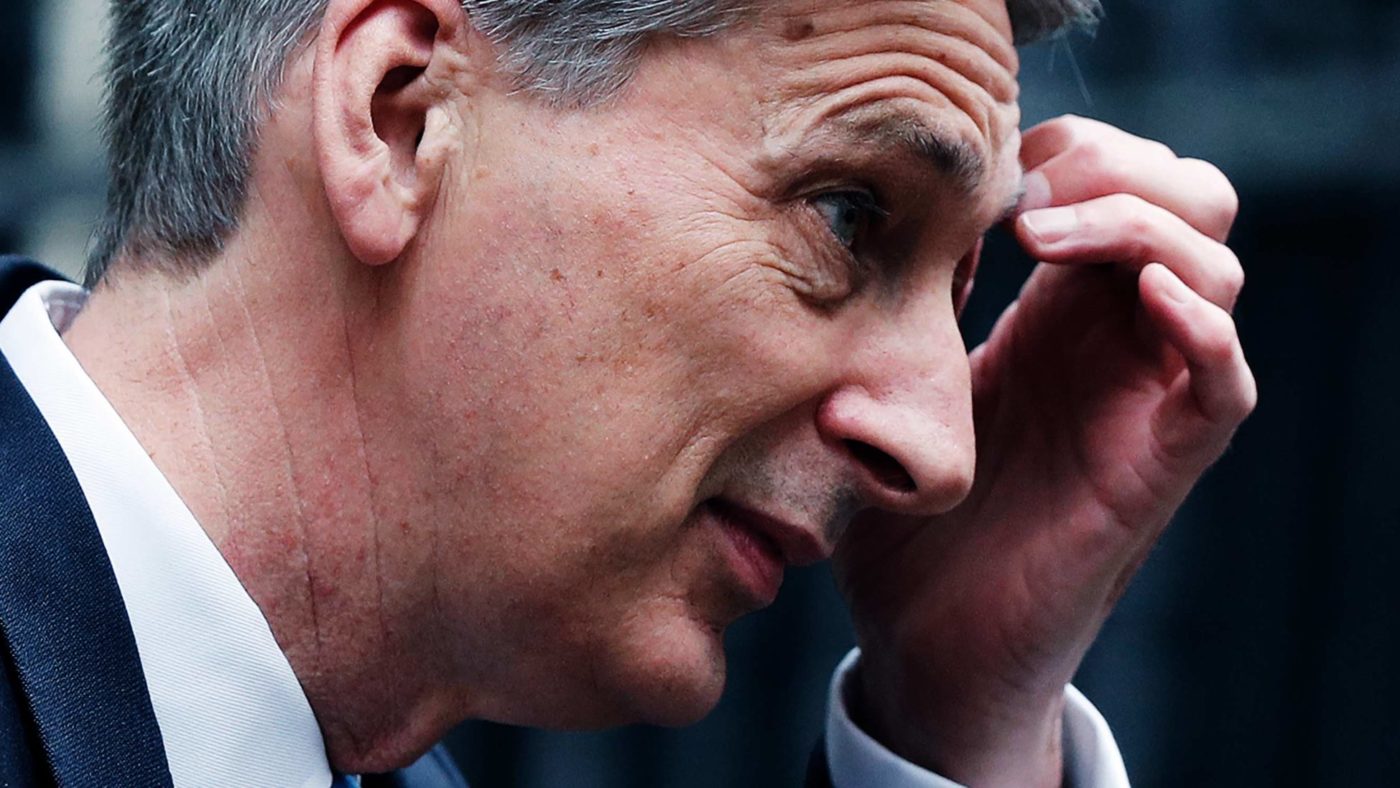The more time that passes, the more politically significant Theresa May’s conference-speech promise to “end austerity” becomes.
This week, Shadow Chancellor John McDonnell demanded an “acknowledgement” from Philip Hammond in next week’s Budget “of the scale of hardship eight years of Tory austerity has inflicted on our people and communities.”
Taken together, May’s end-of-austerity promise and McDonnell’s call for an apology are a reminder of Corbynism’s biggest victory.
The Labour leadership is at odds with the country on a long list of policy areas, most notably Corbyn’s decidedly dodgy views on foreign policy and defence. But on fiscal policy – the domestic issue that has dominated the last decade of British politics – Labour have the Conservatives right where they want them.
Announcing an end to austerity creates as many political problems as it solves. The post-austerity political landscape is full of hazards for the Tories – not least for Philip Hammond, a fiscal conservative who must somehow square his own views with the Prime Minister’s promise (and the previous commitment to deliver extra funding for the NHS) when he delivers the Budget on Monday.
First and foremost, they must avoid making a loosening of the purse strings look like an admission of defeat.
McDonnell understands that austerity’s political potency increases vastly if it is seen not just as mean-spirited, but irresponsible. “By any standard the management of the economy by the Tories over the last eight years has been a catastrophic failure,” he said on Thursday.
Here McDonnell is launching, in mirror image, the same attack that the Conservatives made on Labour profligacy in the dying days of the Blair/Brown government. Not simply saying that the Conservatives aren’t being generous enough, but trying to persuade them that the party cannot be trusted with the economy full stop.
Second, the Conservatives cannot let a Labour caricature of fiscal policy settle in voters’ minds. The challenge is to keep the scale of spending cuts in perspective. Public spending as a percentage of GDP is 41 per cent; all those years of austerity have got spending down to the level it was when notorious belt-tightener Tony Blair left office.
Above all, though, the Conservatives need to realise that if austerity is over, the longer politics lingers on fiscal policy, the more trouble they are in. Given the cyclical nature of voters’ attitudes to public spending, and the “austerity fatigue” that undeniably exists, Labour are likely to win this particular argument.
The challenge is therefore to move the conversation on. That means offering Conservative solutions to the problems voters identify that match the boldness of the opposition’s offering.
The trick that Corbyn and McDonnell hope to pull off is to conflate in voters’ minds better funded public services with a transformation of the economy that the Shadow Chancellor has described as the “overthrow of capitalism”.
Yes, Brexit is all-consuming. The lack of a majority in the House of Commons means inaction is the default setting. But the while ending austerity may be necessary to stop Corbyn, it is not sufficient. And, whatever their excuses, history will not judge this generation of Conservative politicians kindly if they fail at that task.
This article is taken from CapX’s Weekly Briefing email. Sign up here.


